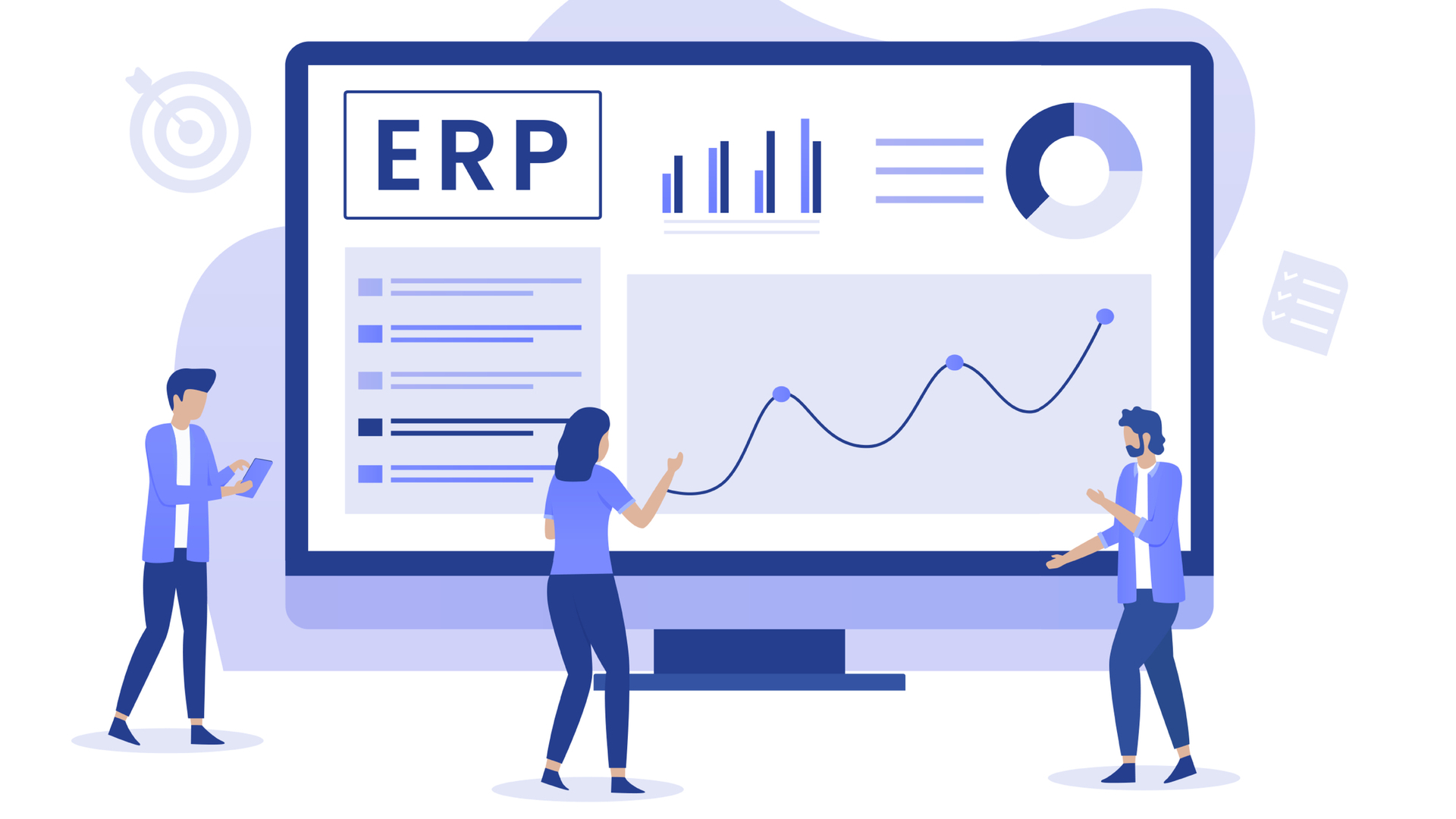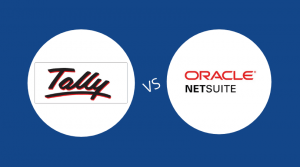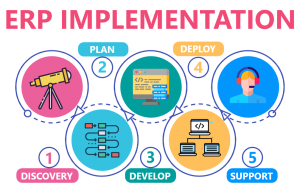ERP Project Costs – Each year, many ERP implementations flop or struggle to reach what was anticipated, but even the successful ones frequently surpass their initial budget. The new system’s modules that contribute the most to ROI are often after the action plan to complicate things further. These can be the hardest to implement, and they are the ones that are abandoned when the funds run out.
Enterprise software is commonly regarded as a necessary asset for high-performing manufacturers and distributors. Projects and data become segmented in separate departments without an ERP Software system, and procedures are more prone to encounter holdups. Numerous surveys, however, show that many ERP initiatives go over budget.
So, what should a business do? Why do ERP project budget overruns persist, and how can businesses acquire the critical capabilities of a robust ERP system without incurring extravagant costs?
We’ll get to the root of this predicament and offer valuable hints for lowering your Enterprise Resource Planning setup costs.
1. Avoid Unnecessary Add-Ons in ERP Project Costs
Companies tend to get caught up in all the different options out there to enhance their ERP software. Most likely, you do not require every module provided from a vendor, nor do you require all bespoke build-outs and dashboards. Instead, concentrate on your most urgent needs.
One of the biggest benefits of cloud computing is the opportunity to alter your solution after it has officially launched. Businesses can pay a reasonable fee for customizations and integrations.
Instead of pursuing every available functionality and alteration, concentrate on your most critical processes to simplify your deployment. This will assist you in avoiding delays, errors, and budget overruns.
2. Budget and Plan Thoroughly
When developing a project blueprint, companies frequently overlook some of the essential aspects of ERP adoption.
To avoid expensive adjustments and confusion, nail down as many specifics as possible. When queries go unanswered in the early stages, the effect is disorder later on.
It is critical for you to be adaptable with your budget and timeframe as a project manager. But, let’s be honest, there will still be some unanticipated events that emerge during your deployment. To prevent upsetting stakeholders, develop a communication approach that is consistent and frequent.
3. Focus on ROI
Smaller businesses are more likely to complete software projects quickly. Cheaper software frequently lacks the agility and capability of well-known manufacturers. Rather than focusing simply on the initial investment, choose the ERP Project Management that will provide you the most value for your money.
Because no program is one-size-fits-all, don’t dismiss the necessity for adjustments. Consultants will advise you on all aspects of your software’s life cycle, from selection and application to continuing updates and upkeep. The riskiest move of all is to proceed with ERP implementations without consulting.
Wrap Up
It’s probably time to escape the practice of over-budget ERP systems. Companies can enjoy a new ERP instance without incurring additional costs if they develop a reasonable budget, plan their project following their goals, and adhere to best practices.
By collaborating with Connected IT Consulting, you will receive proper guidance throughout your ERP journey. We understand how to tailor your software solution to each client’s specific business requirements, from small start-ups to global corporations.
For manufacturers and distributors beginning on their first ERP deployment, our ERP packages are the top pick. Users benefit from powerful out-of-the-box modules and skilled consultants who can give a quick, cost-effective deployment at a low set charge.
Engage Connected IT Consulting services to complete a software implementation on time and under budget. Contact us today to learn more about our comprehensive solutions and services!
Related Links
ERP Project Management
Business Process mapping
Small Business ERP
ERP Consulting



